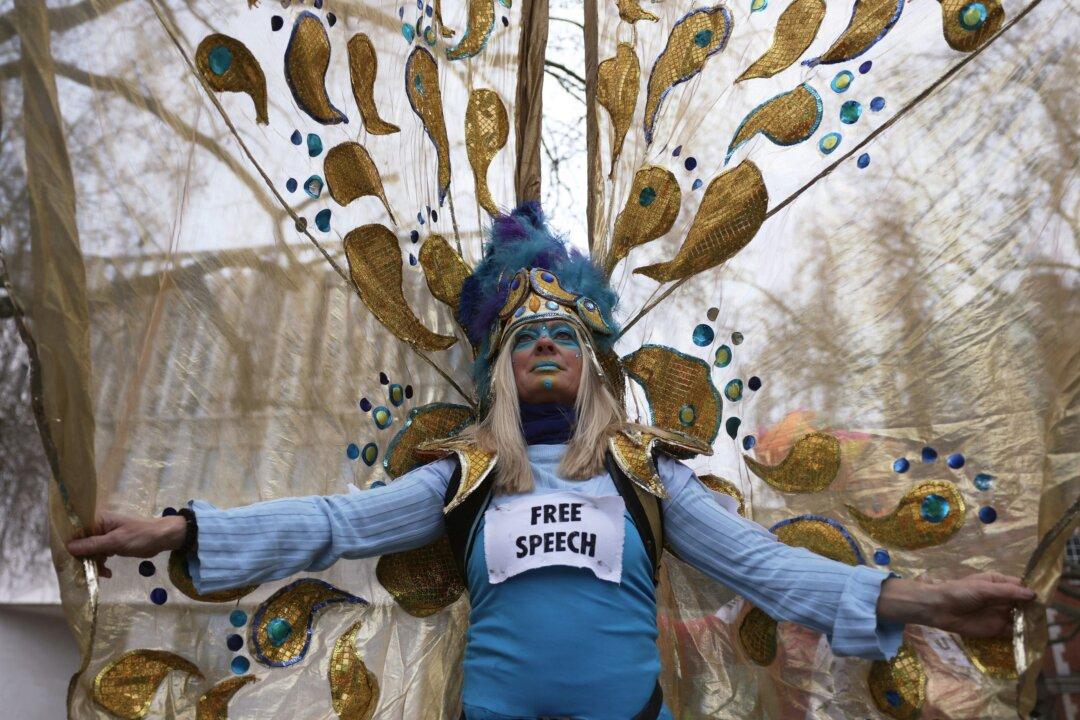A government minister has told a debate in the House of Lords the controversial policy of recording non-crime hate incidents (NCHIs) should not be used to inhibit free speech.
Lord Murray of Blidworth, a parliamentary under-secretary of state at the Home Office, told a debate on Wednesday, “Non-crime hate incidents have attracted a significant amount of controversy, particularly in this place, due to concerns relating to free speech.”





